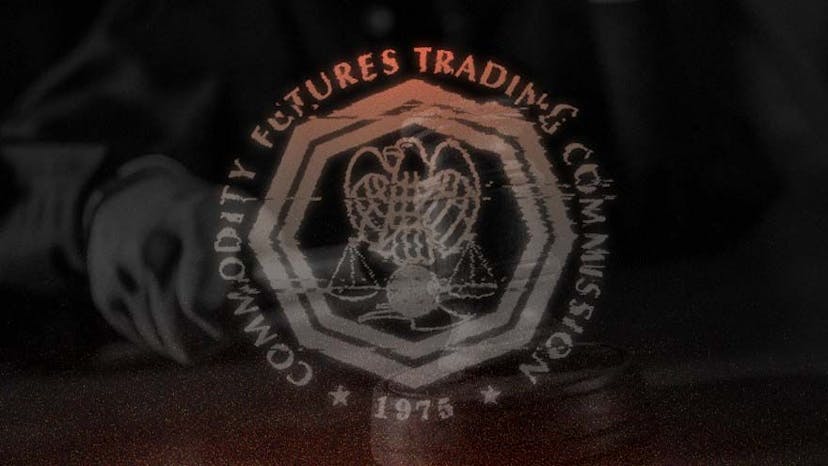CFTC Action Against DAO Outrages Crypto and One of Its Own Commissioners
Agency Alleges Ooki DAO Offered Derivatives Without a License
By: Owen Fernau • Loading...
DeFi
In a case that has roiled the crypto community and triggered a dissent from one its own officials, the U.S. Commodity Futures Trading Commission (CFTC) brought an enforcement action yesterday that challenges fundamental tenets of decentralized finance.
On Sept. 22, the regulator alleged in a lawsuit that a DAO called Ooki DAO engaged in activities that only regulated entities called futures commission merchants (FCM) can perform. The DAO illegally offered leveraged and marginal retail commodity transactions in digital assets, which are derivatives, and agreed to pay a $250,000 penalty, the CFTC said. The commission also named the venture’s founders, Tom Bean and Kyle Kistner, in the suit.
Shar-Elbowed Rebuke
Yet in an unusually sharp-elbowed rebuke, Commissioner Summer Mersinger broke ranks with her five fellow commissioners and said the action wasn’t supported by the Commodity Exchange Act, the law that regulates derivatives inssuance, and amounted “regulation by enforcement.”
“I cannot agree with the Commission’s approach of determining liability for DAO token holders based on their participation in governance voting for a number of reasons,” Mersinger said in a statement. “While I do not condone individuals or entities blatantly violating the [law] or our rules, we cannot arbitrarily decide who is accountable for those violations based on an unsupported legal theory amounting to regulation by enforcement while federal and state policy is developing.”

Gensler Rattles DeFi With Suggestion PoS Coins are Securities
Crypto Supporters Decry Move to Treat Ethereum Same as Stocks and Bonds
Even so, the action advances the Feds’ push to force crypto firms to register their offerings as securities or investment contracts. Gary Gensler, the chair of the U.S. Securities and Exchange Commission, has long argued that cryptocurrencies are not exceptional instruments “outside the perimeter” of securities laws. Last week, he suggested that Proof of Stake rewards for validators may need to be registered as securities.
“Margined, leveraged, or financed digital asset trading offered to retail U.S. customers must occur on properly registered and regulated exchanges in accordance with all applicable laws and regulations,” Gretchen Lowe, the CFTC’s acting director of enforcement, said in a statement. “These requirements apply equally to entities with more traditional business structures as well as to DAOs.”
The CFTC’s actions suggest that calling an entity a DAO, or invoking token-based voting as part of an organization’s decision-making process, doesn’t necessarily protect that entity from the legal responsibilities of a traditionally regulated institution.
Regulatory Overreach
Jake Chervinsky, the executive vice president and head of policy at the Blockchain Association, is critical of the absence of crypto-specific legislation developed by U.S. lawmakers. He’s calling it “the most egregious example of regulation by enforcement in the history of crypto.”
Collins Belton, managing partner at Brookstone P.C., a boutique law firm focusing on emerging technologies like digital assets, is also skeptical of the CFTC’s approach. “Just feels like a huge end run around the judicial and constitutional constraints that we’re supposed to have established,” Belton tweeted. “And I’m not even saying all of their arguments are bunk, but they’re likely getting away with a ton of overreach by forcing this type of settlement imo.”
There have been some efforts at the state level to create DAO-specific legal structures, though observers like Jordan Teague, a Solidity programmer and lawyer, doubt their efficacy.
Advertisement
Get the best of The Defiant directly in your inbox 💌
Know what matters in Web3 with The Defiant Daily newsletter, every weekday
90k+ investors informed every day. Unsubscribe anytime.